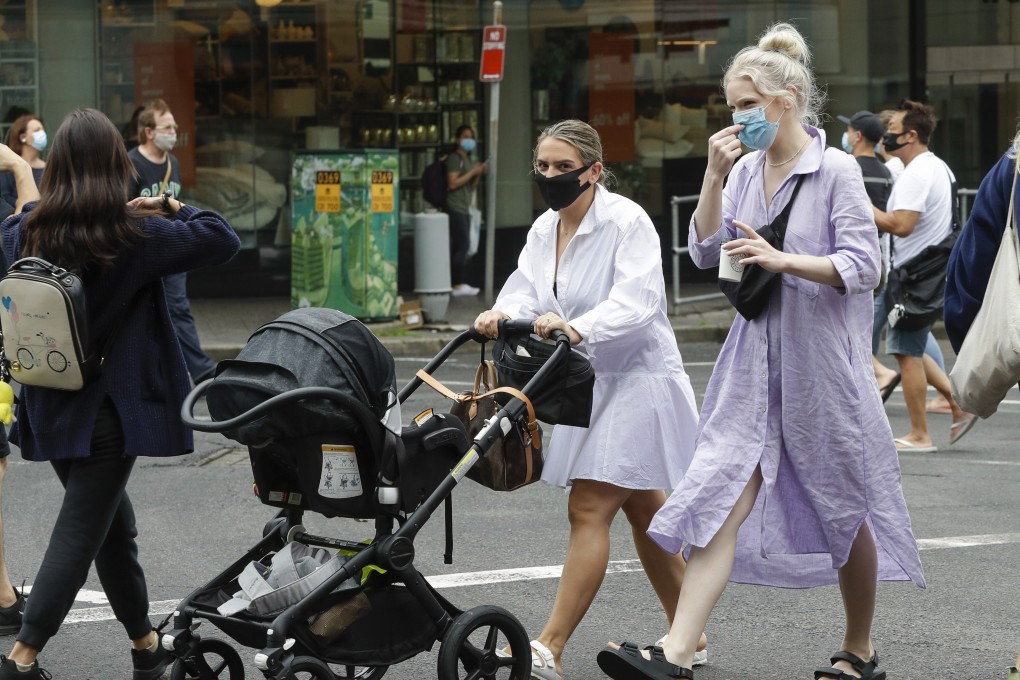Coronavirus: Australian clusters grow from liquor store case; India approves two vaccines
- New South Wales reported eight new cases and Victoria three as new measures to combat the disease kicked in
- India’s drugs regulator gave emergency authorisation for the Oxford-AstraZeneca and Bharat Biotech jabs

The NSW outbreak started around mid-December in Sydney’s Northern Beaches area, where a quarter of a million people are in strict lockdown until January 9. Cases associated with the cluster now total 148.
A smaller cluster in the west of the city, linked to a different genome sequence, has 13 confirmed cases. But the state’s chief health officer, Kerry Chant, said authorities are worried as recent transmission at a liquor store occurred with “fleeting” exposure.
“We know these transmission events have happened through very minimal exposure. We are asking members of the community who did purchase alcohol or enter that premises for that period to be very vigilant,” Chant told reporters.
NSW has made wearing masks mandatory at indoor venues like gaming rooms, hair salons and shops as authorities try to limit the spread of the disease. They will be legally enforced from midnight local time.
Australia has avoided the worst of the pandemic following swift action by authorities to shut borders, enforce lockdowns and to carry out widespread testing and social distancing.